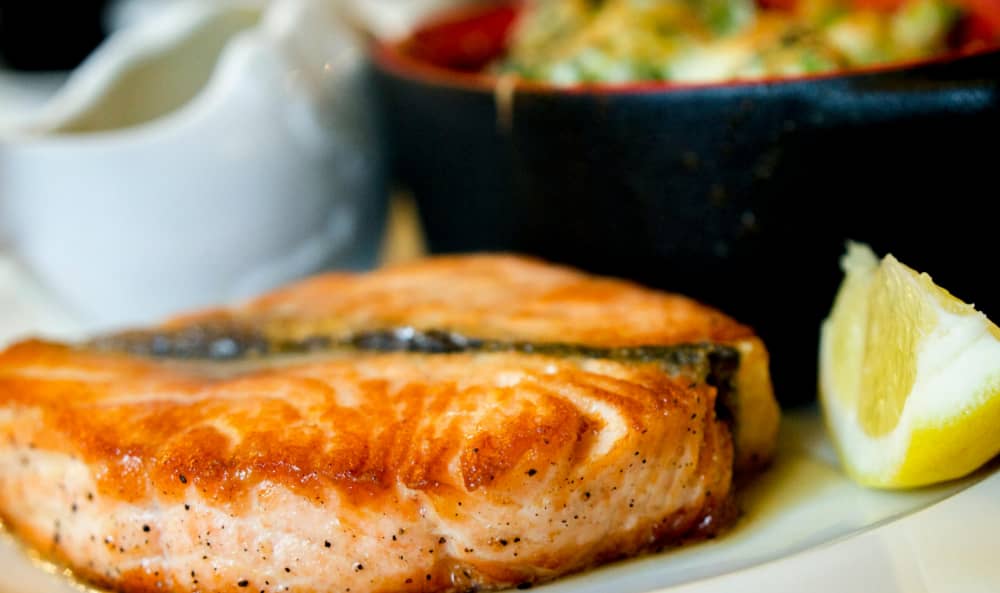You may already know, but let’s make it clear: alcohol doesn’t just wreck your relationships, your work, or your peace of mind—it takes a massive toll on your body, as well. It’s not just the fatigue or the dull ache in your bones after a bender. It’s the quiet unraveling of the delicate systems that keep you upright and alive. So nutrition in alcohol rehab and recovery is important. Recovery isn’t just about quitting drinking. It’s about rebuilding from the ground up, piece by piece, starting with the fuel you give your body.
And here’s the good news: every meal is a chance to reclaim something alcohol took from you. Nutrition is one of those powerful disciplines—small, consistent acts of care that rebuild strength, clear the fog, and remind you that you are, in fact, a person worth feeding well.
Understanding Nutrition in Alcohol Rehab
Let’s talk about what alcohol does to your body over time. We can actually think of it as a burglar. It breaks in, takes everything worth having, and leaves the place in shambles. The damage shows up everywhere:
- Vitamin Deficiencies: Those critical B vitamins—B1 (thiamine), B6, B12, and folate—are wiped out. These help with energy, brain health, and even mood regulation. Without them, your body struggles, and your mind can feel like it’s moving through molasses.
- Mineral Imbalances: Magnesium, potassium, zinc—and alcohol drains your reserves, leaving your muscles weak, your immune system shot, and your nerves on edge.
- Gut Disruption: Alcohol doesn’t just irritate your stomach lining; it bulldozes the good bacteria in your gut. This makes it hard to digest or absorb anything useful.
- Blood Sugar Chaos: Alcohol sends your blood sugar all over the place, and you feel every dip and spike in the form of cravings, mood swings, and exhaustion.

Why Nutrition Matters in Alcohol Rehab
Recovery is demanding. You’re rewiring your brain, learning to sit with feelings instead of numbing them and rebuilding trust with yourself and others. This kind of work takes energy. Food is medicine. It’s repair work, stability, and hope served three times a day.
Physical Healing:
Your liver, your gut, your heart—they’ve all been through it. Nutrient-dense foods like berries, greens, nuts, and lean proteins don’t just keep you alive; they help rebuild the body that alcohol tried to break. Antioxidants fight inflammation, and proteins repair the tissues damaged by alcohol.
Mental Clarity:
Recovery is a full-contact sport for your brain. Omega-3 fatty acids (think salmon and walnuts) and B vitamins (whole grains, leafy greens) help restore neural pathways and boost the neurotransmitters you need for mood and focus.
Energy and Endurance:
Sobriety fatigue is real, but it’s not permanent. Complex carbohydrates like quinoa and sweet potatoes provide steady energy without the crashes that come from sugar or processed junk.
Emotional Balance:
Magnesium in spinach, almonds, and avocado helps ease anxiety. Tryptophan, the precursor to serotonin, is in turkey, eggs, and cheese—it literally helps you feel better. A steady diet means a steadier mood, and that’s half the battle in early recovery.
Immune Strength:
Alcohol weakens your immune system, leaving you wide open to illness. Citrus fruits, nuts, seeds, and brightly colored vegetables are packed with vitamins C and E to help rebuild your defenses.
Craving Control:
Sugar cravings can hit hard in early recovery. Stabilizing your blood sugar with proteins, healthy fats, and complex carbs can help you say “no” to alcohol without white-knuckling it.
Best Nutrition in Alcohol Rehab and Recovery
Start simple. You don’t need to master nutrition overnight; just aim for balance and consistency.
- Replenish What’s Missing:
- B Vitamins: Whole grains, legumes, lean meats, and leafy greens are your best friends here.
- Magnesium: Load up on spinach, nuts, seeds, avocados, and dark chocolate. Yes, chocolate.
- Zinc: Think shellfish, beans, and fortified cereals.
- Protein is Power: This helps rebuild tissues and keeps your brain firing on all cylinders. Chicken, fish, tofu, eggs, and legumes are all solid choices.
- Healthy Fats: Omega-3s, found in salmon, walnuts, and flaxseeds, reduce inflammation and support brain recovery.
- Stay Hydrated: Alcohol dehydrates you. Water, herbal teas, and hydrating foods like cucumbers, oranges, and melons are essential.
- Love Your Gut: Probiotic-rich foods like yogurt, kefir, sauerkraut, and kimchi help restore a balanced microbiome.
A Recipe for Recovery: Nutrient-Packed Salmon Bowl
This meal is more than food—it’s a small act of defiance against everything alcohol took from you.
Ingredients:
- 2 wild-caught salmon fillets
- 1 cup cooked quinoa
- 1 avocado, sliced
- 1 cup steamed broccoli
- 1 cup shredded carrots
- 2 cups mixed greens
- 2 tablespoons olive oil
- Juice of 1 lemon
- Salt, pepper, and garlic powder to taste
Instructions:
- Preheat the oven to 375°F. Lay the salmon on a baking sheet lined with parchment paper. Drizzle with olive oil and sprinkle with salt, pepper, and garlic powder. Bake for 12–15 minutes, until cooked through.
- In a bowl, layer mixed greens and quinoa as your base. Top with the salmon, broccoli, carrots, and avocado.
- Drizzle with lemon juice and olive oil. Sit down, take a breath, and enjoy the kind of meal that fuels your healing.
Need More Advice?
Recovery is about so much more than staying away from alcohol. It’s about building a life that feels good to live in. What you eat can make the difference between barely getting by and thriving. Every bite is a chance to say, “I’m still here, and I’m not giving up on myself.”
If you’re ready to take the next step in recovery, let us help. At Covenant Hills Treatment Center in Orange County, CA, we’re here to support every part of your healing—body, mind, and spirit. Reach out today: 800-662-2873.








